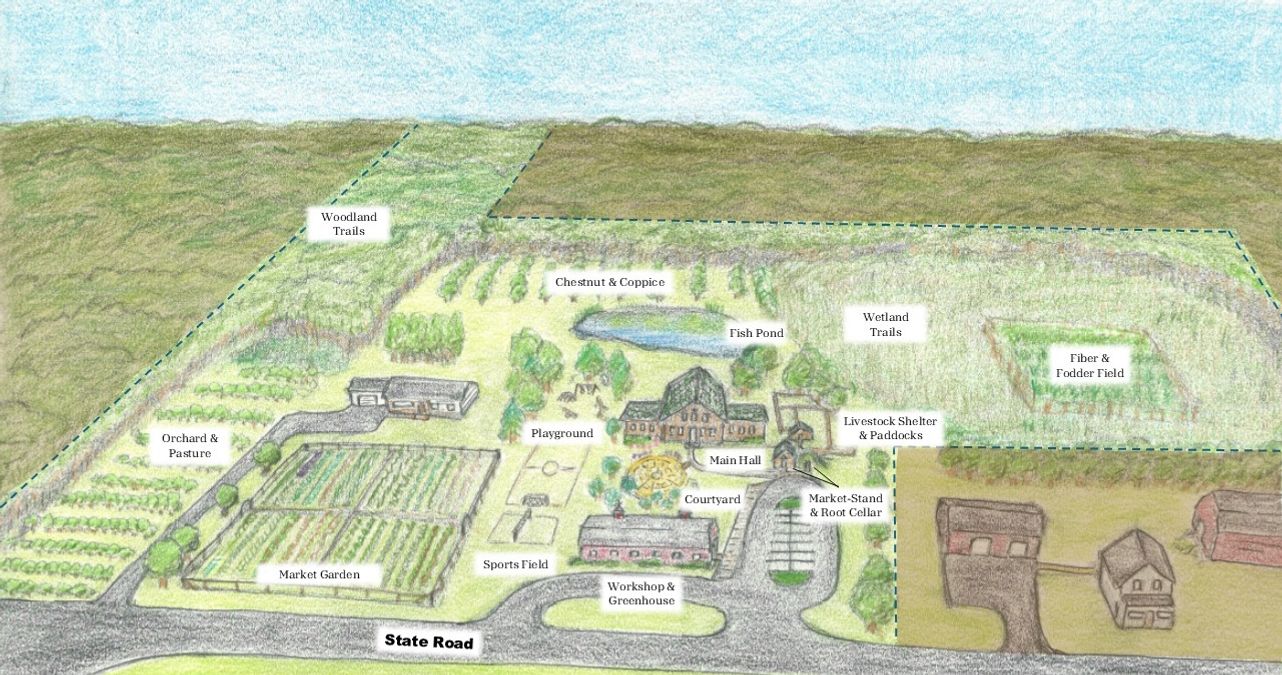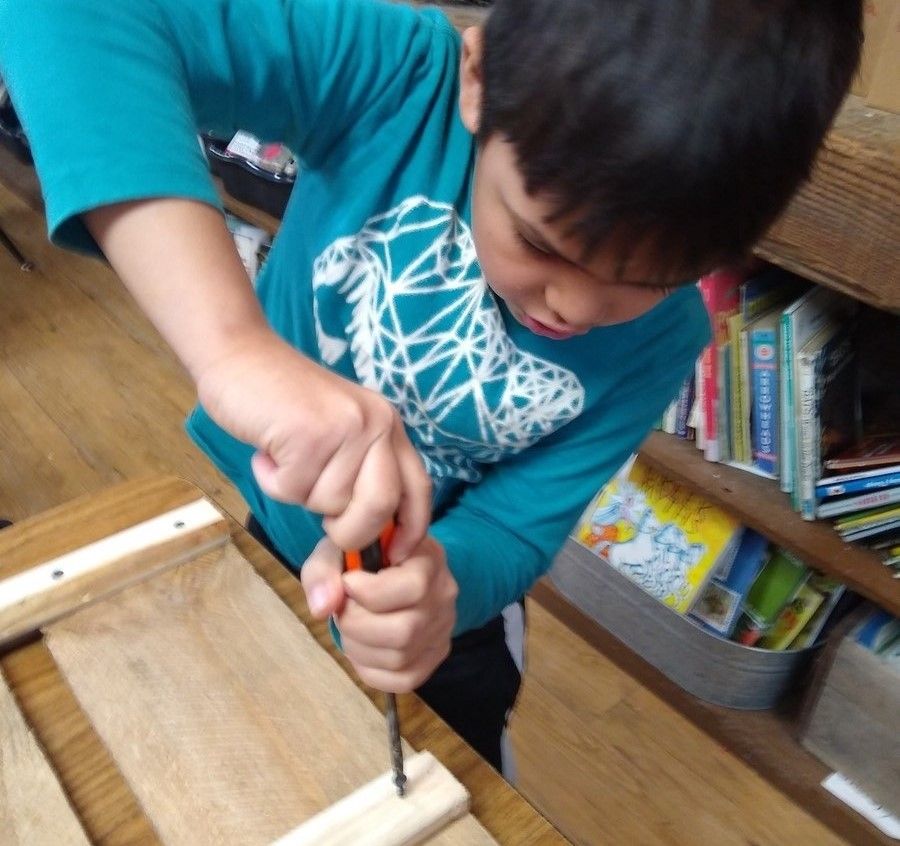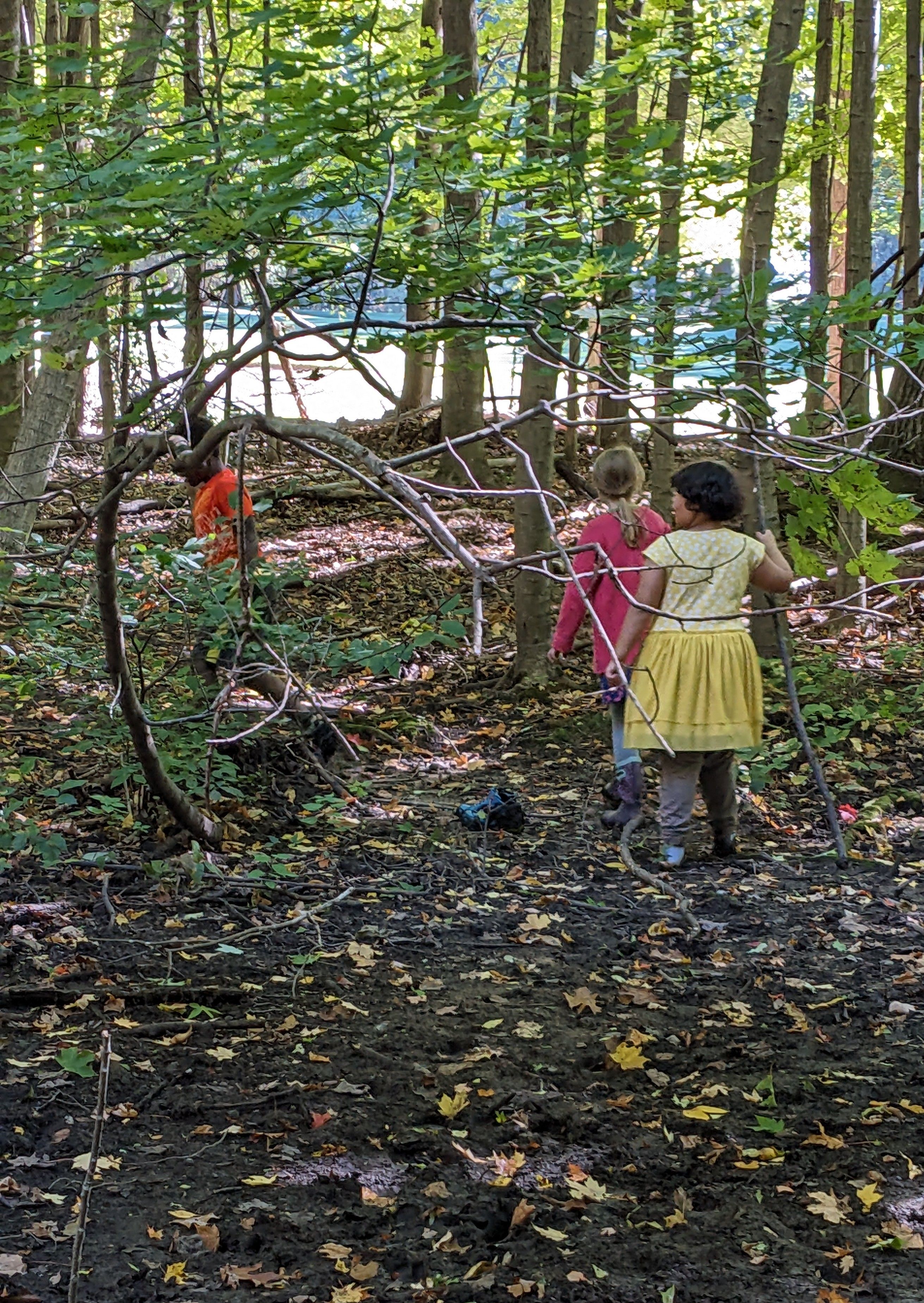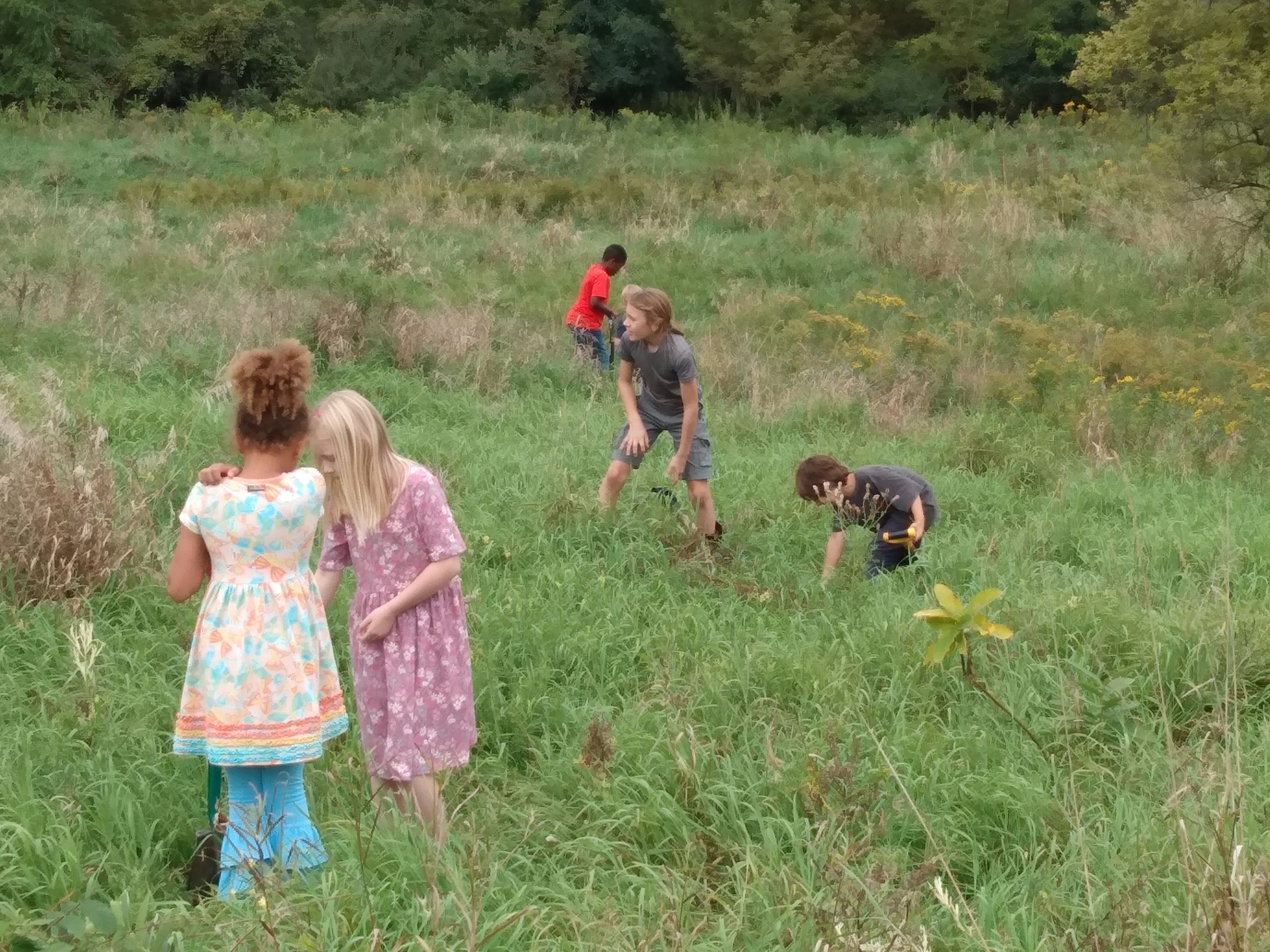Our Programs
Sundial Classical
Microschool
A K-8 microschool balancing academics with arts and outdoor education through the two programs described below.
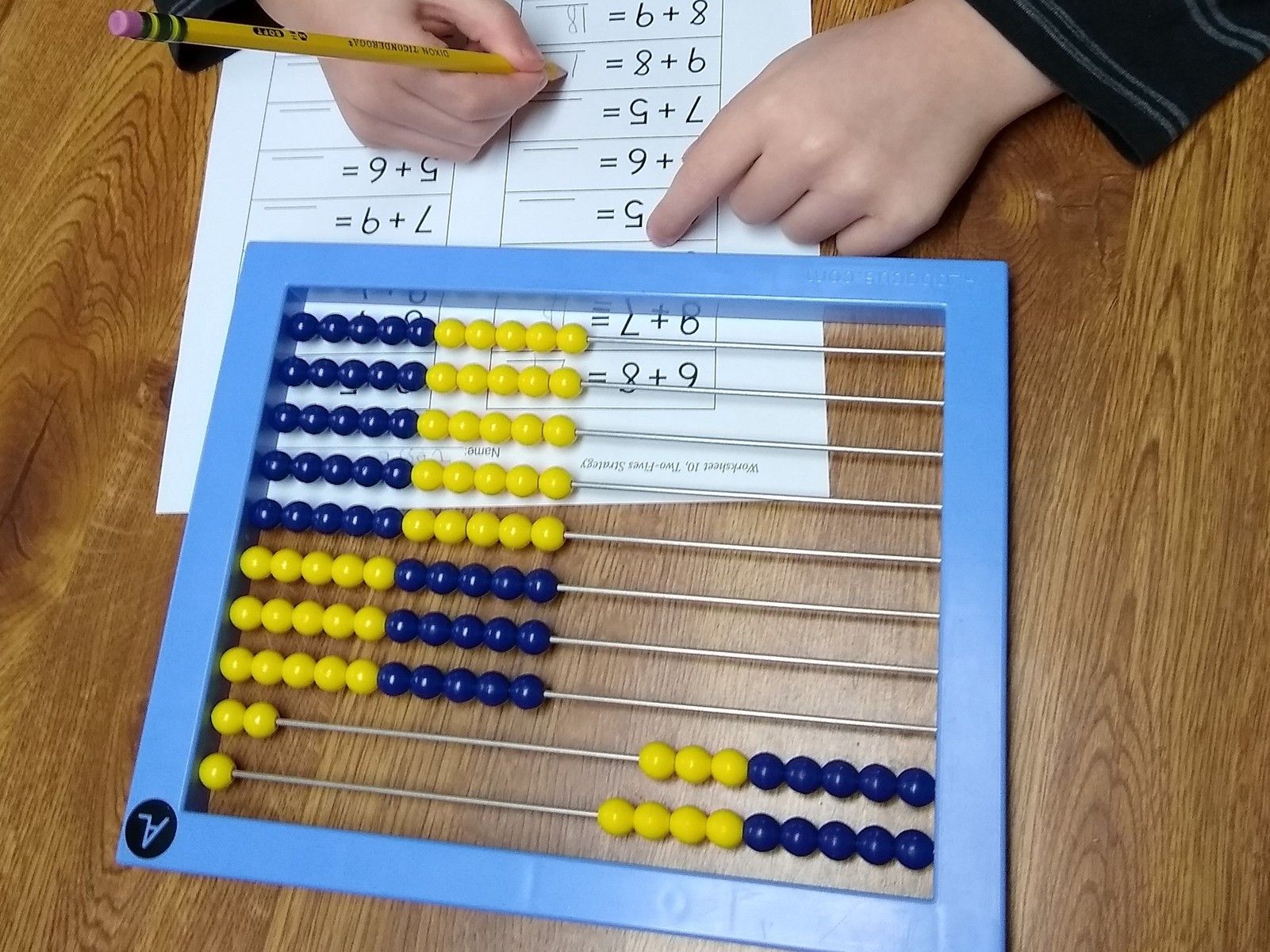
Sundial Farmstead
Camps & Clubs
A regenerative farm hosting the summer day camps and afternoon club described below.

